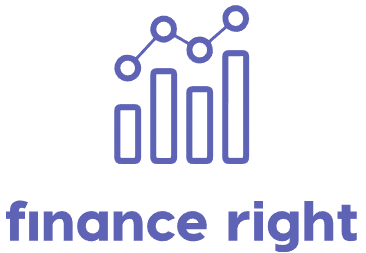Economic crises often come unannounced, disrupting personal and global financial balances. These can often lead to mounting debt, which poses a substantial threat to personal financial security and economic health at large. However, economic volatility should not equate to unnecessary debt. By using strategic financial management techniques, it is possible to minimize debt exposure and navigate economic downturns with little ease. Here are some strategies for reducing debt during an economic crisis.
1. Develop an emergency fund: Having a rainy-day fund is crucial during an economic crisis. These funds can cover living expenses during times of unemployment or financial instability, reducing the need to rely on credit. Ideally, the emergency fund should cover at least three to six months of living expenses. Start building this fund during normal economic periods by setting aside a portion of your monthly income.
2. Pay off high-interest loans: High-interest loans can add up quickly during an economic crisis, so it is advisable to pay them off as soon as possible. Credit cards often carry the highest interest rates, so focus on those first before moving on to other low-interest loans
3. Live within your means: Take a hard look at your spending and cut back wherever possible. This may mean cutting out luxury expenses, scaling back on eating out, or choosing more affordable transportation options. Focus on needs rather than wants and aim to spend less than you earn.
4. Create a budget: Drafting a detailed budget can help you manage your income and expenses efficiently. It allows you to identify unnecessary expenses, prioritize essential expenses and set financial objectives. Make sure to stick to your budget and review it regularly, making adjustments as needed.
5. Negotiate with creditors: Don’t be afraid to approach your creditors and negotiate better terms for repayment. This could mean a lower interest rate, smaller monthly payments or a longer term. Many lenders are willing to be flexible, especially during economic crises when they face the risk of increased loan defaults.
6. Tap into government programs: During financial crises, the government often offers programs to help citizens manage their debt. These may include unemployment benefits, temporary forbearance or debt relief programs. Be sure to research and take advantage of any programs that apply to your situation.
7. Seek professional help: Consulting a financial advisor or a credit counseling agency can provide you with valuable insight into managing your debt. They can help you better understand your financial situation and even negotiate with lenders on your behalf.
8. Avoid new loans: As much as possible, avoid taking new loans during economic crisis. If necessary, consider low-interest loans or government-backed loans, which usually offer more favorable terms.
In conclusion, it is essential to remember that financial crises are usually temporary. However, it may take much longer to pay off the debt accrued during this period. Therefore, strategic financial planning is essential to prevent or reduce debt accumulation during economic downturns. While following these strategies may not completely protect you from financial hardship, they can significantly reduce the intensity and duration of debt-related struggles.


